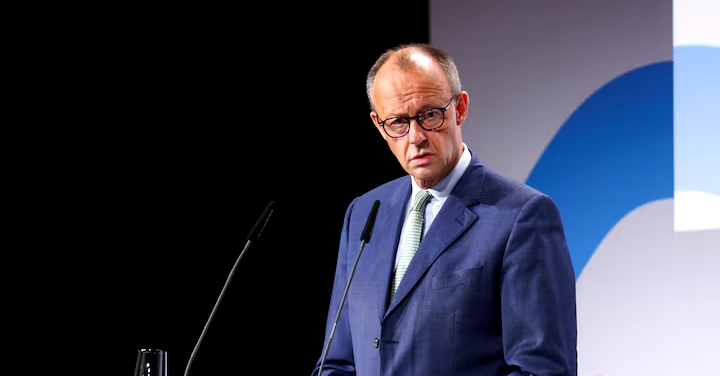By Enyichukwu Enemanna
German Chancellor, Friedrich Merz, has reacted to the ruling of an administrative court that his government acted illegally when immigration officials expelled three Somali asylum seekers, saying the ruling can only restrict his government’s resolve to crack down on migration but cannot stop it.
A Berlin administrative court on Monday said the expulsion of the three unnamed Somalis, who were sent back to Poland after arriving at a train station in eastern Germany, was “unlawful”.
It said the application for asylum status should have been processed by Germany under the European Union’s Dublin rules that determine which country is responsible for processing a claim.
But the Chancellor on Tuesday said people would continue to be turned away at the German border.
Some analysts believe that the ruling was a setback for Merz’s government, which won a federal election in February after promising a crackdown on migration that has caused concern in neighbouring countries.
The court ruling has “possibly further restricted the scope for manoeuvre here,” Merz told a local government congress. “But the scope is still there. We know that we can still reject people.”
“We will, of course, do this within the framework of European law, but we will also do it to protect public safety and order in our country and to relieve the burden on cities and municipalities,” he added.
Like most European countries, migration is among German voters’ biggest concerns.
A backlash has trailed the influx of new arrivals, contributing to a rise in the popularity of the far-right Alternative for Germany party, which came second in February’s election.
It is a shift since Germany’s “Refugees Welcome” culture during Europe’s migrant crisis in 2015 under Merz’s conservative predecessor, Angela Merkel.
Merz’s government issued an order in May to reject undocumented migrants, including asylum seekers, at Germany’s borders.
Critics have said the Monday ruling is evidence that Merz’s migration policy is not implementable.




































